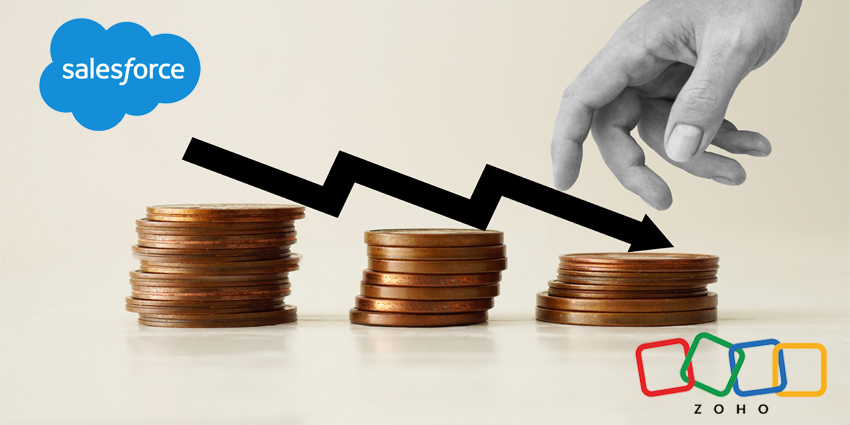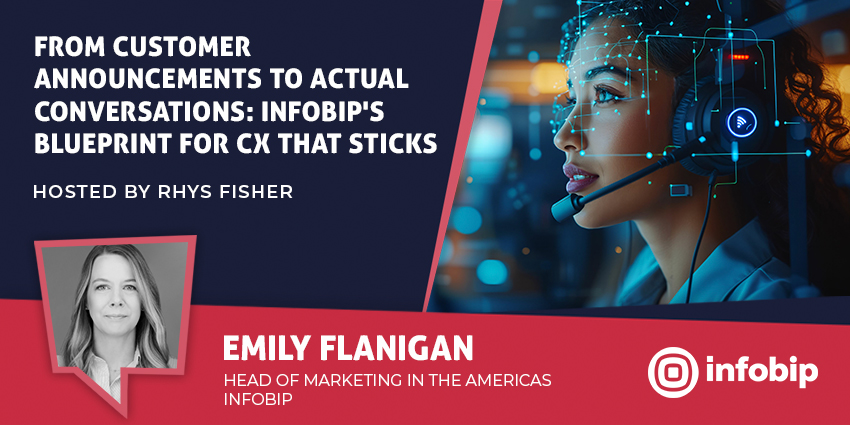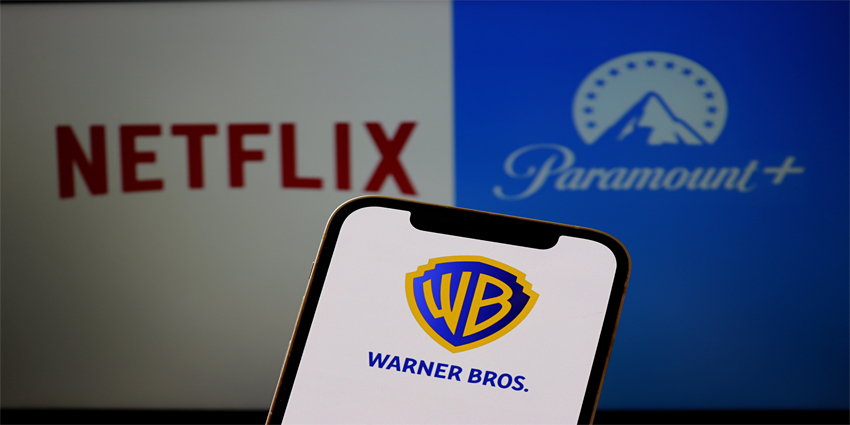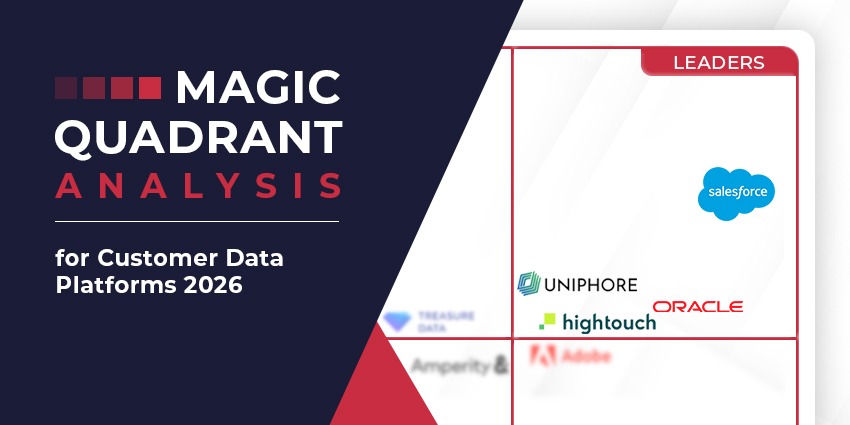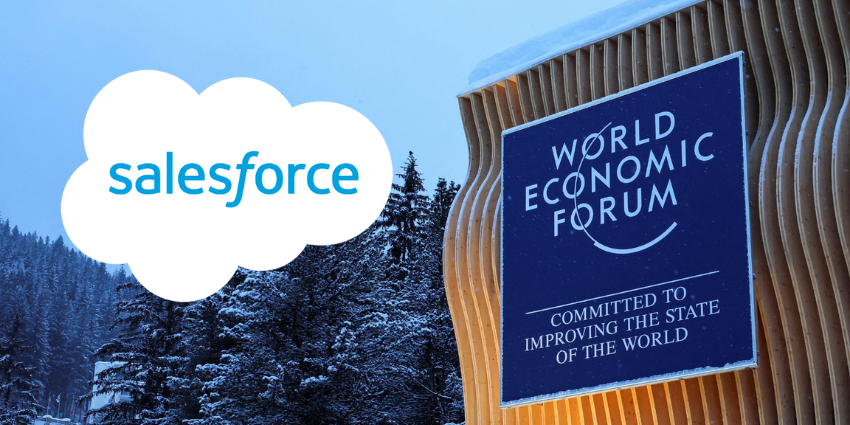A new report by Nucleus Research found that, on average, customers who switched from Salesforce to Zoho reduced their total cost of ownership (TCO) by 68 percent.
The study also revealed significant savings compared to Microsoft, with those moving from Dynamics to Zoho One reducing their TCO by 53 percent.
Across all of the case studies Nucleus Research flicked through, organizations migrating to Zoho from a competitive CRM experienced a 47 percent average reduction in TCO while maintaining or even enhancing functionality.
One business even found Zoho to be 88 percent more cost-effective than an in-house solution.
The study also included comments from the CEO of an unnamed company, who explained how making the switch from Zoho to Salesforce had improved business:
Zoho has enabled us to start fresh after years of making time consuming and complex tweaks to our Salesforce environment.
“We can now build workflows that support our processes instead of having to alter our processes based on our technology.”
Let’s take a closer look at how the report’s findings might impact Salesforce moving forward.
Is Salesforce at a Crossroads?
While the price disparity with Zoho companies may be surprising, Salesforce has a reputation for being the premium option in the CRM space.
The company justifies this expense through its track record of delivering industry-leading capabilities, as support by various analyst reports.
However, this belief has been called into question in recent times.
In a LinkedIn post, Cameron Marsh, Senior Analyst at Nucleus Research, claimed that his company “consistently” hears from customers questioning whether the platform’s pricing aligns with its value.
He also pointed to a Nucleus Research survey of over 100 customers, which found that 23 percent believe the cost outweighs the benefits, reinforcing long-standing concerns about ROI.
It is important to note that the report referenced here is almost three years old, so may not be accurate for current customer sentiments – especially as Salesforce expands with Agentforce.
For Marsh, the findings of both studies point toward wider issues for Salesforce.
He described Salesforce as being at a “pivotal crossroads”, claiming that the tech giant risks being left behind as shifting data trends challenge the traditional CRM model.
In support of his bold assertion, the analyst outlined the following key areas that he believes are shifting the way CRMs operate:
1. The Rise of Unstructured Data
Traditional CRM systems like Salesforce rely on manually entered data, but AI-driven tools now extract valuable insights from conversations, emails, and meetings.
Real-time analysis of unstructured data provides deeper intelligence, making the outdated ‘fill-out-this-field’ model less effective.
2. The Decentralization of Workflows
Critical business processes such as billing, renewals, and marketing are no longer confined to Salesforce.
With AI-powered integrations offering comparable or superior functionality, businesses are moving away from Salesforce as the default data hub.
3. Expanding Competition
Alternatives like Zoho, HubSpot, and Creatio provide cost-effective, AI-enhanced solutions that rival Salesforce in functionality at a significantly lower TCO.
These platforms emphasize streamlined workflows, faster insights, and reduced friction in managing customer data.
It is clear that Marsh is genuinely of the belief that Salesforce could be in danger of losing its CRM crown.
“If Salesforce doesn’t address this AI-powered reality, the market may move on without it,” he wrote.
“We’re entering a world where real-time, dynamic data, drawn from actual conversations, holds more value than static records.
It’s not just about adding more features, it’s about reimagining the CRM around how modern teams actually engage with customers.
More News from Zoho and Salesforce
Last week, Zoho unveiled preconfigured Zia AI Agents at Zoho Day 2025, designed to automate tasks across 100+ enterprise products.
In Zoho CRM, they assist with service, sales, and marketing while expanding to HR scheduling, inventory tracking, and more, streamlining operations across industries.
In Salesforce news, earlier this week the company announced that it is introducing a new AI Energy Score benchmarking tool.
The tool enables AI developers to assess, compare, and understand the energy consumption of various AI models.
Announced at the AI Action Summit in Paris, Salesforce will be the first AI model developer to publicly share energy efficiency data for its models using this framework.
